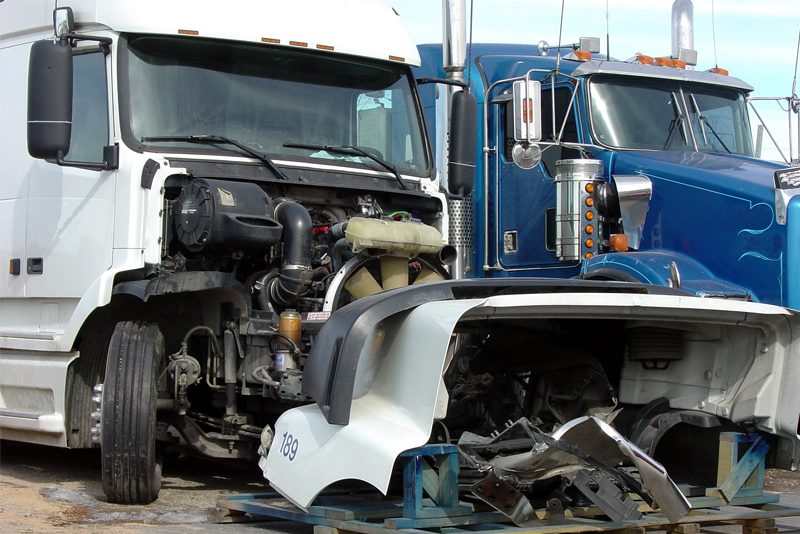Injuries from truck accidents are often more severe than those sustained in car wrecks. Truck accident claims and lawsuits involve diverse processes such as gathering witness statements and photos of the accident scene to prove negligence, collecting medical records to prove that the injury occurred in the accident while at work, and identifying a liable party for the accident or injuries. Medical record review services are helpful for attorneys to collect the necessary evidence and determine the nature and extent of injury.
Truck driving job involves risk. Truck accident injuries that are covered by workers’ compensation mainly fall under two categories – Traumatic and Occupational injuries. Traumatic injuries are those sustained from a specific accident or incident and occupational illnesses refer to conditions that develop gradually over time. According to a report from the Federal Motor Carrier Safety Administration (FMCSA), about 415,000 large truck crashes occurred in the U.S in 2015, which marked an increase from 411,000 in 2014 and 327,000 in 2013.
Take a look at 8 types of common trucking accident injuries.
- Spinal cord injuries
- Broken Bones – As the crashes are powerful in a truck accident, it can cause drivers to suffer from broken bones in the leg, ankle, arm, hand, foot, pelvis, sternum, facial bones, ribs or other areas. These injuries can lead to complex fractures, resulting in a lengthy hospital stay.
- Repetitive Stress Injuries – This type of injury is caused by repeated motion during normal activities and can affect the soft tissues such as the nerves, tendons, ligaments, and muscles. Repetitive stress injuries caused by prolonged truck driving may include conditions such as carpal tunnel syndrome, bursitis, ganglion cysts, tendinitis and tennis elbow.
- Musculoskeletal Disorders – Back or neck injuries are quite common when loading or unloading boxes, lifting cargo or equipment, containers or bins from the truck. Such disorders are caused not only by strenuous activities like lifting or bending but also with several hours of sitting still while driving.
- Head Trauma – Head trauma can lead to brain injuries due to whiplash or rapid acceleration or deceleration. Head injuries are some of the most serious injuries sustained in truck accidents, as they often cause loss of cognitive and motor functions. Some people will never be the same again after suffering a brain injury.
- Internal Injuries – Truck accidents can cause internal injuries such as bleeding of organs like the bladder, liver, kidneys, pancreas, spleen, or others, which are very difficult to treat.
- Lacerations – Cuts and lacerations that result from flying debris or breaking glass from truck accidents can cause infections, be particularly painful and may leave massive scars that are difficult to heal.
- Seatbelt Injuries – Seatbelts can also cause injuries like whiplash, bruising and abrasions, intra-abdominal injuries and vertebral fractures.
Medical records provide essential evidence about truck accident injuries and how those injuries affect the employee’s life. It’s also important that the doctor’s records reflect that the condition could be related to the job. Workers’ compensation mainly covers medical treatments such as doctor or hospital visits, diagnosis tests, surgery, prescription medications, medical devices and other costs, lost wages and death benefits (funeral expenses and a percentage of weekly compensation to surviving dependents). However, laws vary by state. Medical record review for workers’ compensation provides an accurate chronological breakdown of all the important events in the case’s history. A clear summary of events in the records help attorneys understand the crucial medical facts, prepare the case well, and go on to win the lawsuit.




